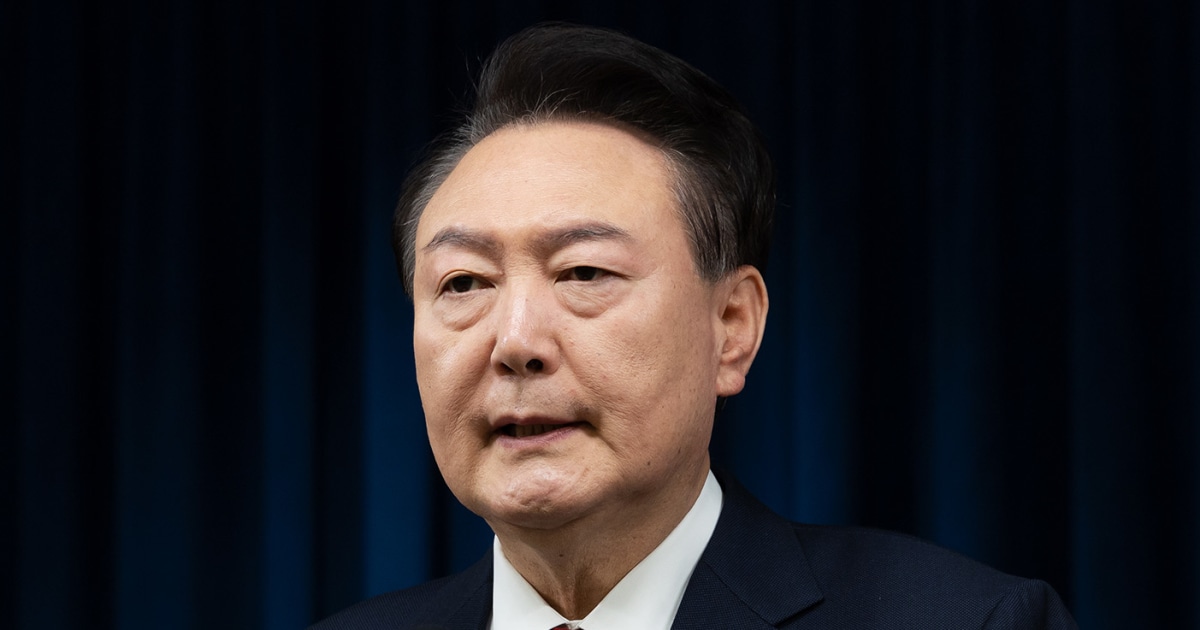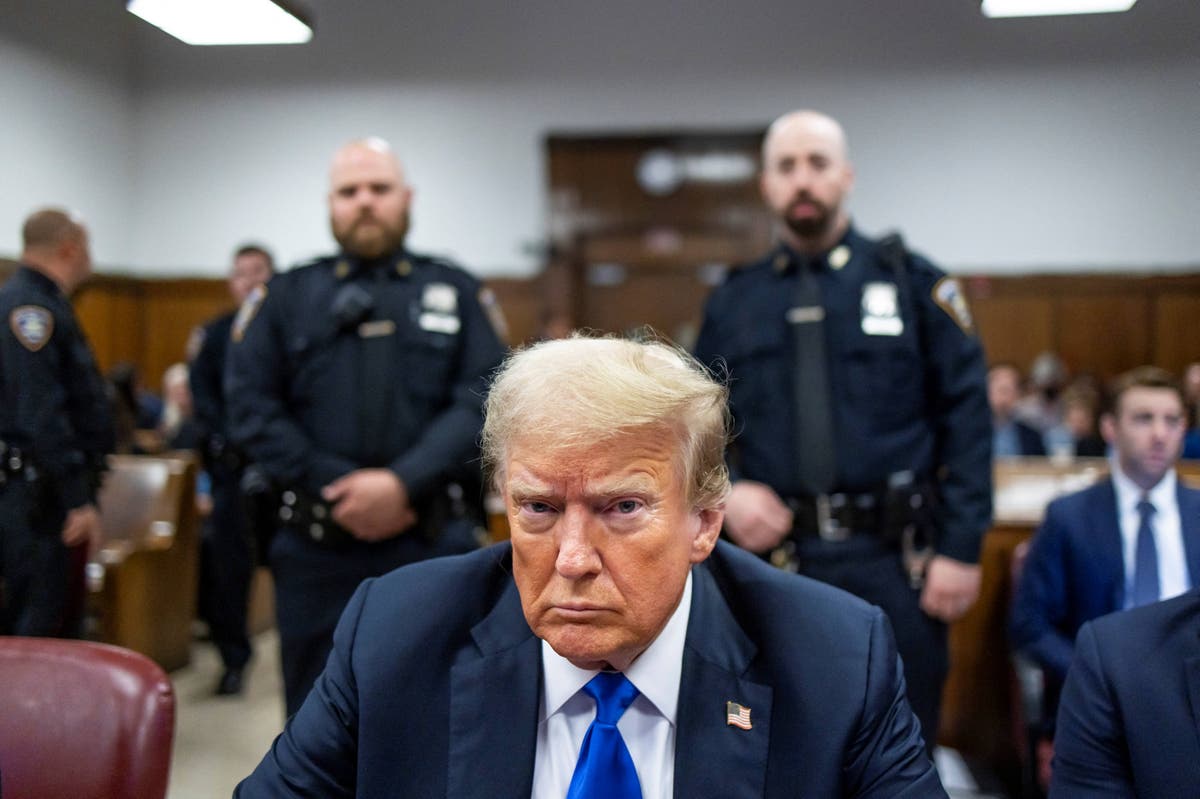A South Korean court has issued warrants to detain impeached President Yoon Suk Yeol and search his office and residence, escalating the political crisis engulfing the nation. The warrants are in connection with allegations of rebellion stemming from his recent, short-lived declaration of martial law. This marks the first time a sitting South Korean president has faced such warrants.
The Seoul Western District Court authorized the warrants following an investigation led by the Corruption Investigation Office for High-Ranking Officials. The agency is examining whether Yoon’s December 3 declaration of martial law constituted rebellion, a charge that could carry severe penalties. However, experts suggest these warrants are unlikely to be enforced while Yoon remains in office, due to the president's existing immunity and security protocols.
Despite the warrants, the legal process remains complex. While Yoon's presidential powers are suspended following his impeachment by the National Assembly on December 14, his removal must be confirmed by the Constitutional Court. Yoon argues his martial law decree was a legitimate measure against opposition forces, while critics highlight its potential unconstitutionality, citing a lack of wartime or emergency conditions.
The situation is further complicated by testimony from military commanders, who allege that Yoon ordered troops to forcibly remove lawmakers from the National Assembly during the martial law period. The impeachment was prompted by the deployment of hundreds of troops and police officers at the assembly.
The political turmoil has extended to other branches of government. Acting President Han Duck-soo has also been impeached. In the meantime, the country’s new interim leader, Deputy Prime Minister Choi Sang-mok, has appointed new justices to the Constitutional Court. The appointments could impact the outcome of the impeachment hearings against President Yoon, as the court needs support from at least six justices.
Despite the issuance of these warrants, President Yoon has dismissed them as "invalid" and "illegal." His legal team asserts that the anti-corruption agency lacks the authority to investigate rebellion charges. The agency, for its part, has not announced when it intends to execute the warrants. The situation remains fluid and the execution of warrants remains unlikely while Yoon is still in office.







